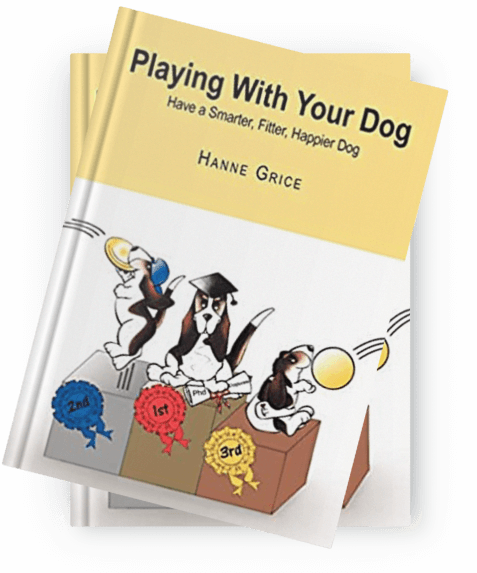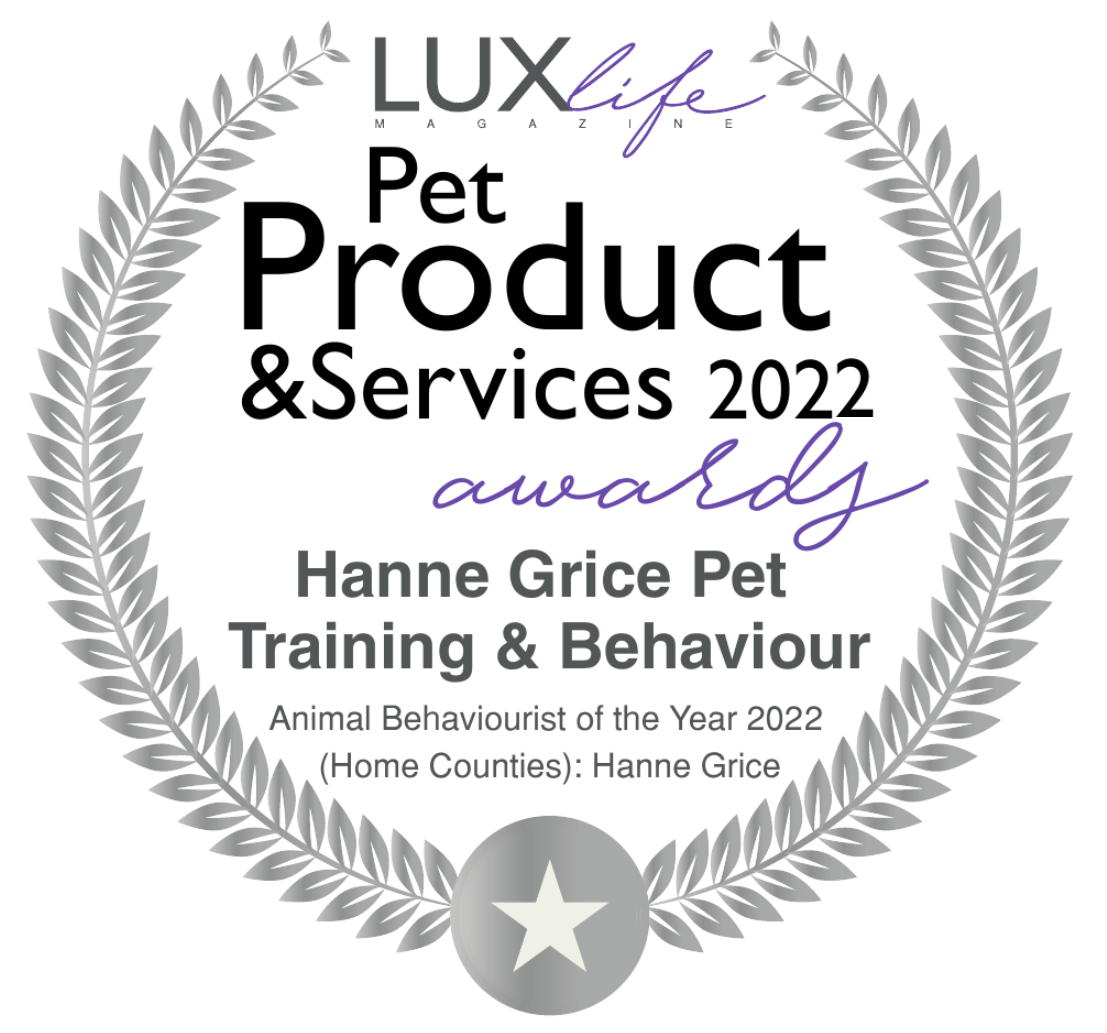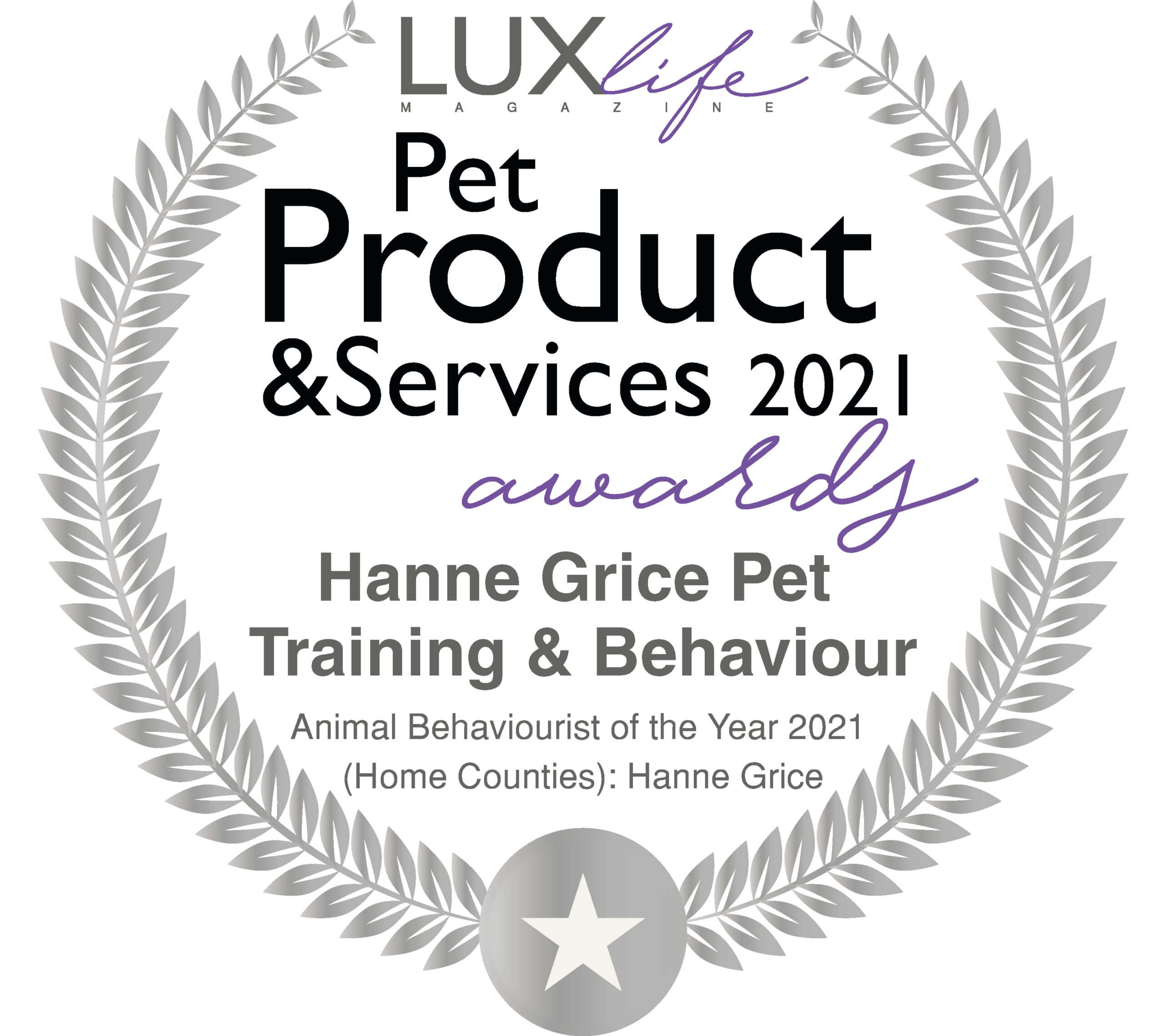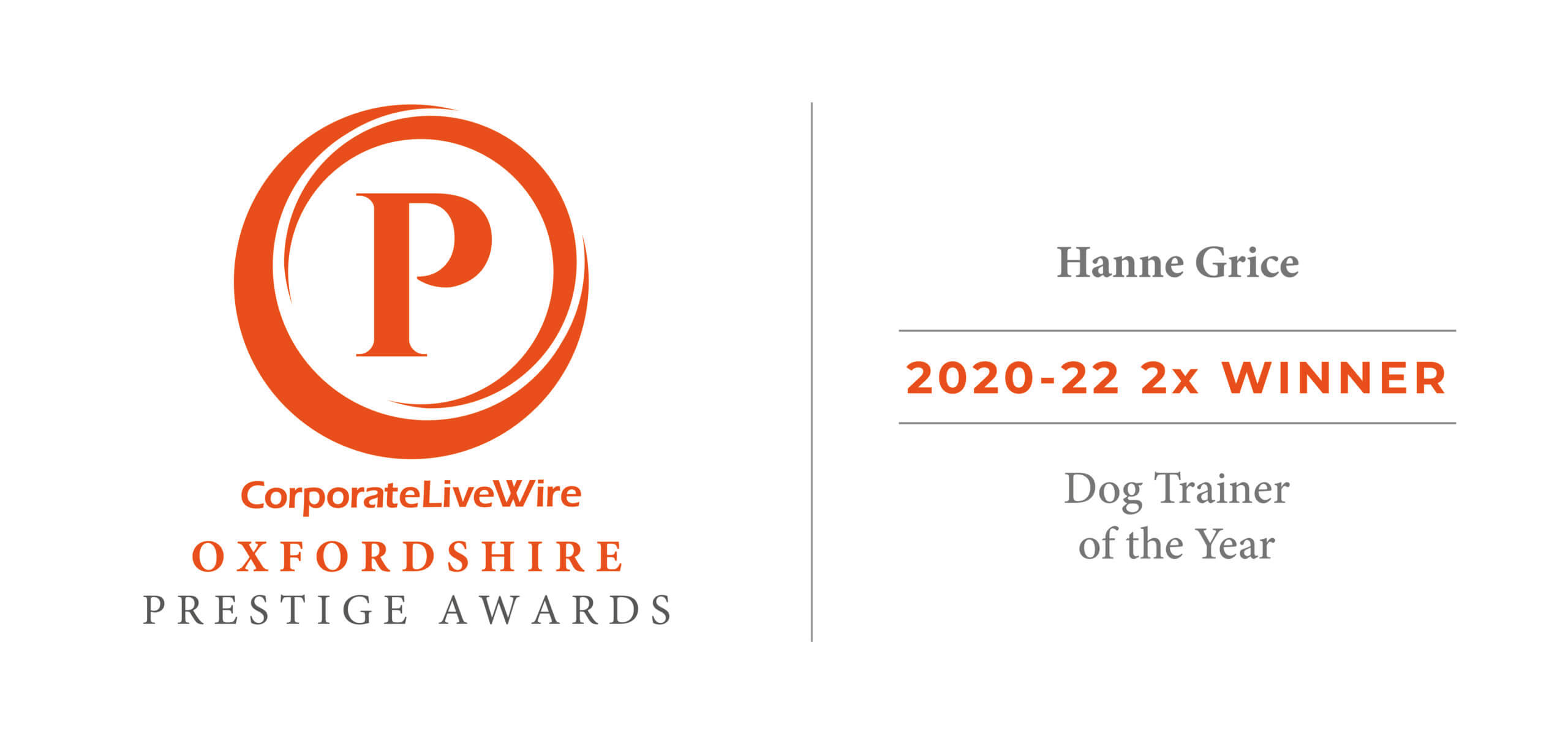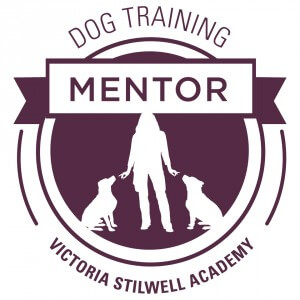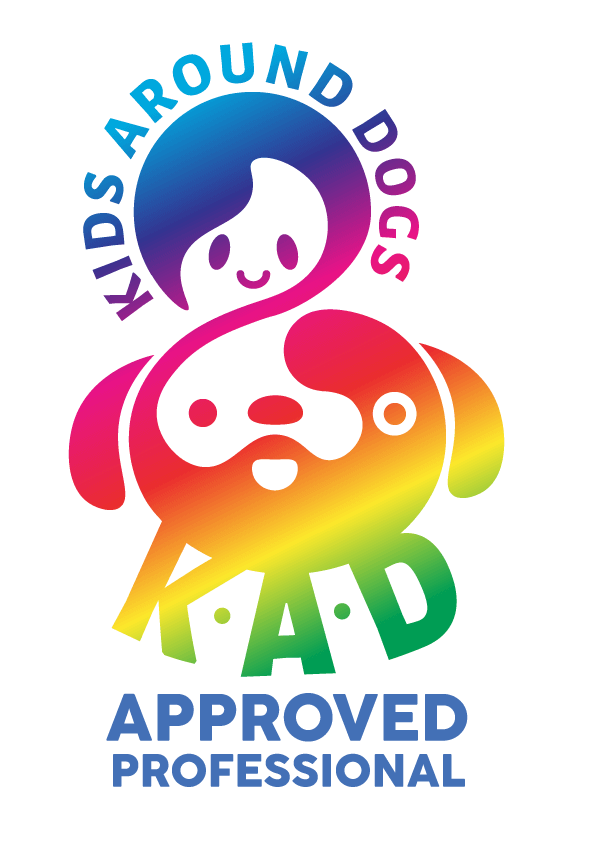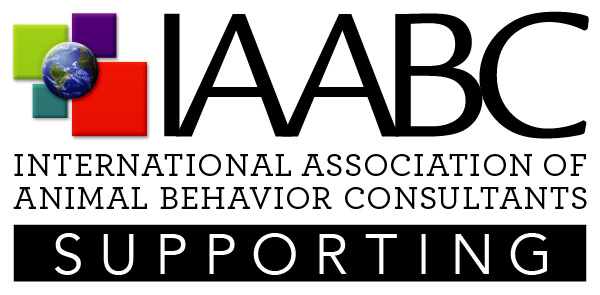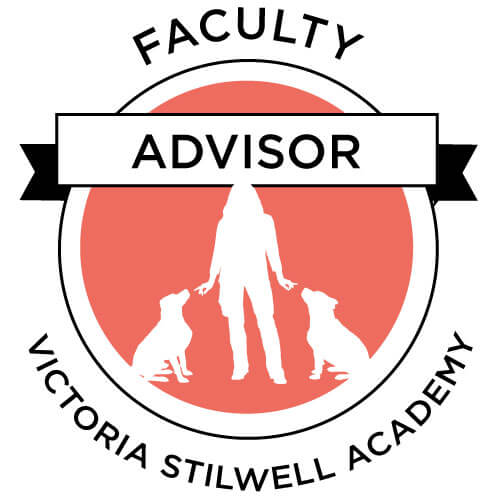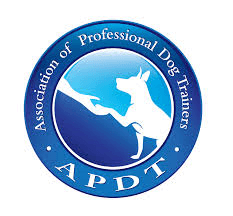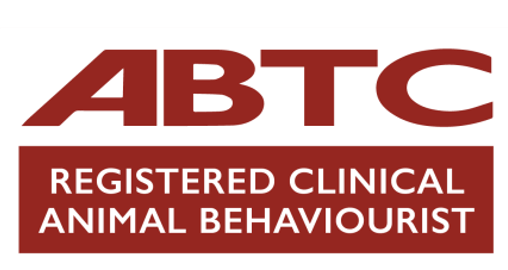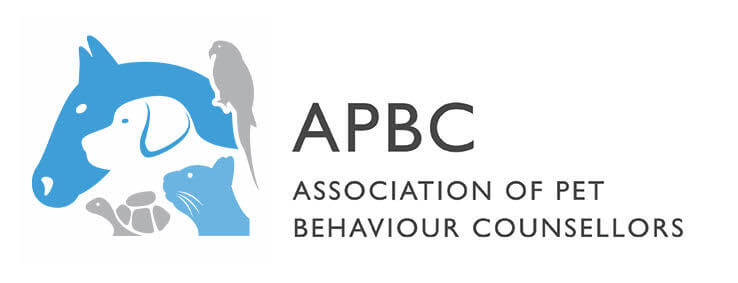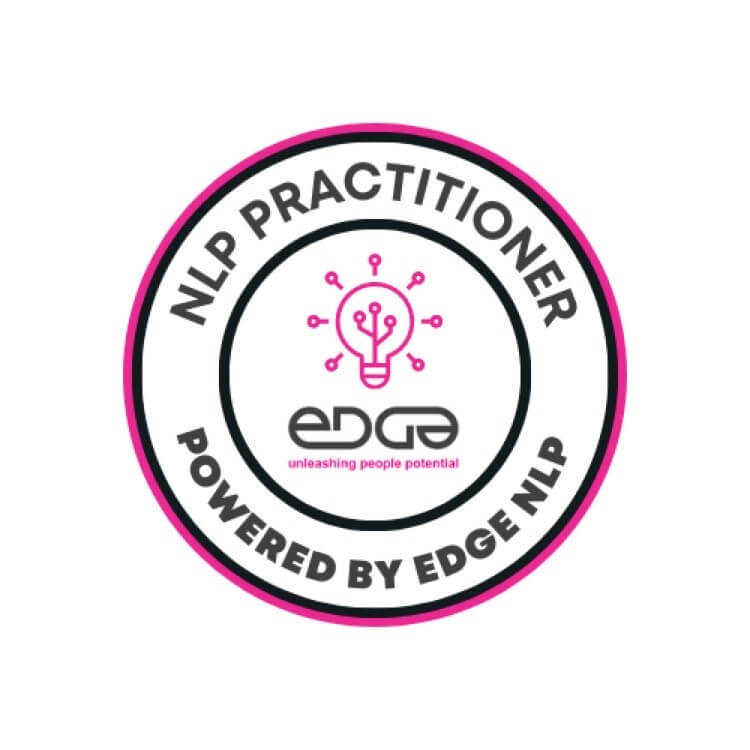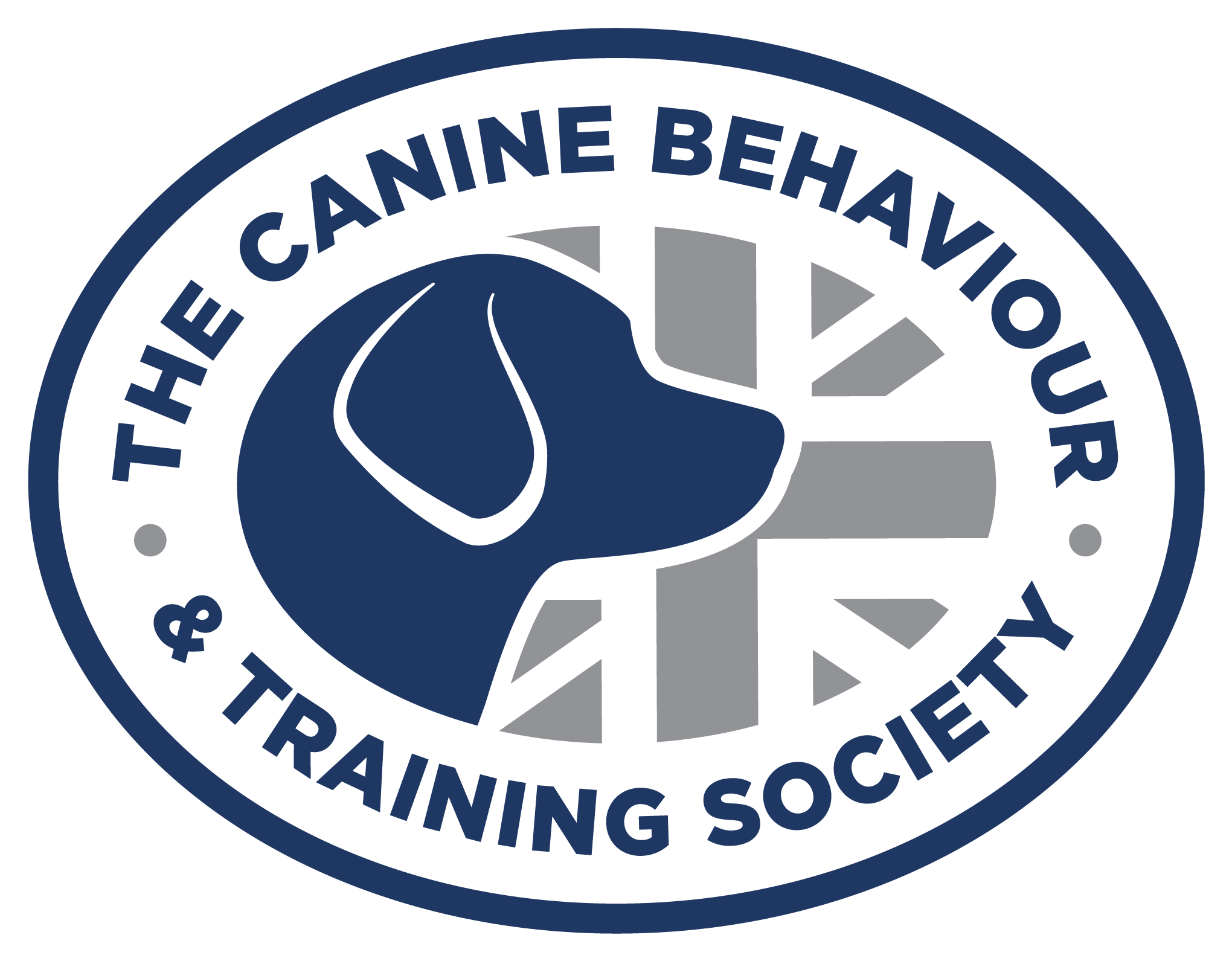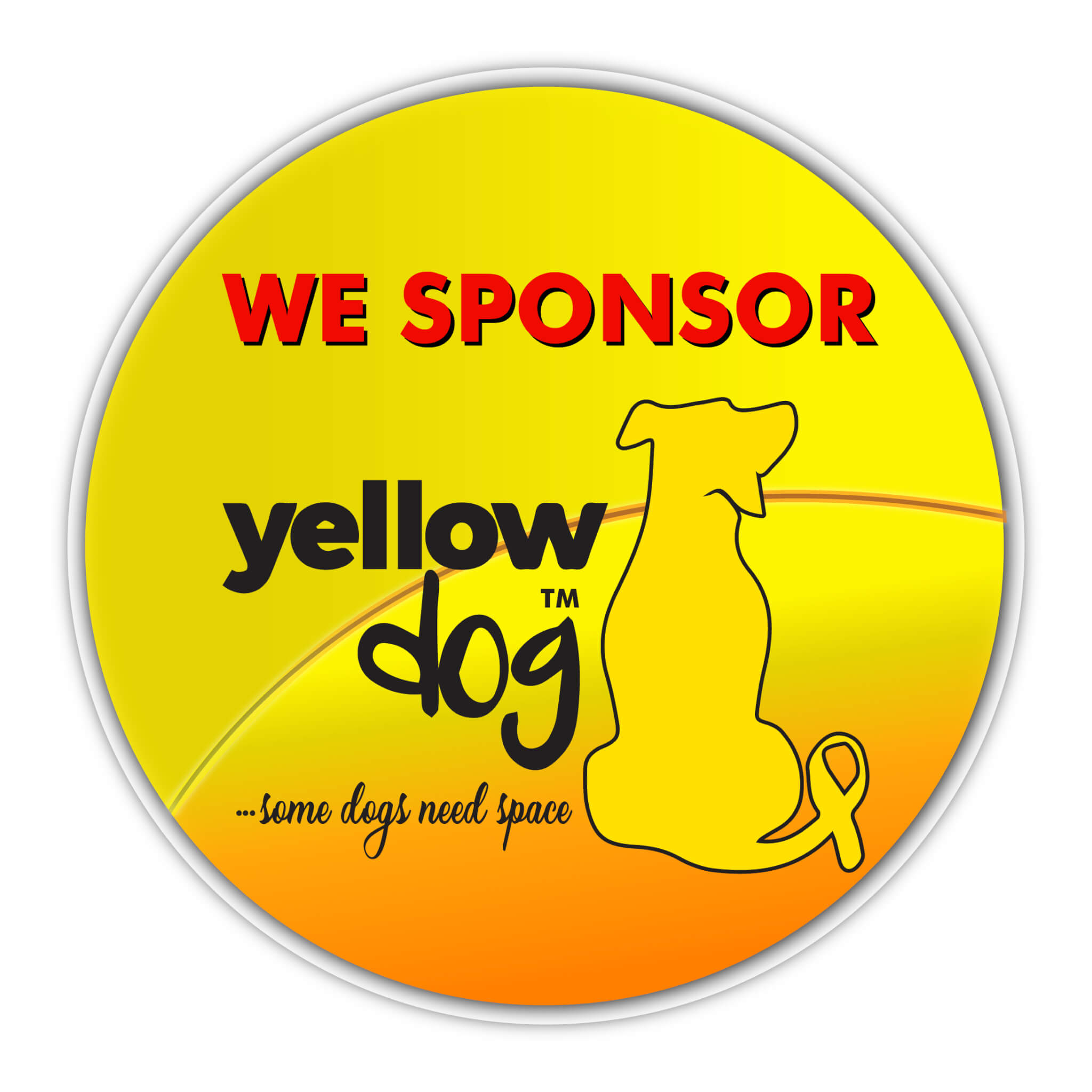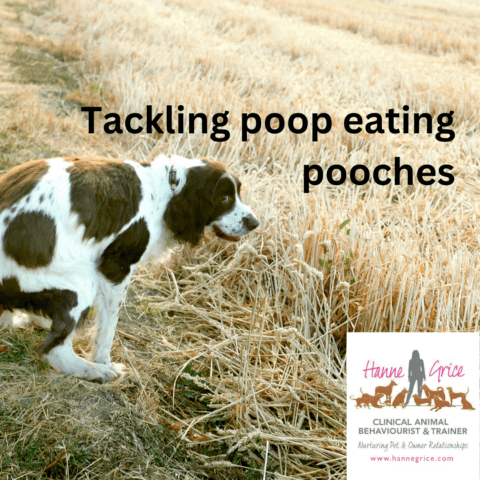
For many species, such as rabbits, coprophagy (poo eating) is a normal ingestive behaviour that provides a variety of nutrients, including B-complex vitamins. Mother dogs instinctively ingest their puppies’ excrement from birth to approximately 3 weeks of age and adult males will also ingest faeces produced by young puppies; it is suggested that this instinctual behaviour is performed to keep the ‘den’ clean.
Although dogs of all ages may show this behaviour, coprophagy is particularly common among puppies and young dogs between 4 and 9 months of age. Besides eating their own faeces they may also ingest faeces of other dogs or animals such as cat, sheep, cow or horse droppings. Eating the faeces of other dogs may cause parasitic infections, so it is important to discourage this behaviour. Understandably, owners find this habit disgusting and anti-social. Where children are in the household, this habit can be unhealthy if they come in close contact with the dog, or the dog licks the child’s mouth.
The exact cause is unknown but several thoughts have been put forward. There appears to be some connection between coprophagy and nutritional deficiency, so looking at your dog’s diet is important, always consult with your vet to ensure your dog is getting a healthy and balanced diet. A study by Hare et al. (2018) surveyed over 1,500 dog owners and found 16% of dogs were frequent stool eaters. Their analysis suggests that poop eating could be more complex than simply linked to diet, rather it is likely rooted in the dog’s evolutionary history and environmental factors. Hence, contributory factors to poop eating can include restrictive housing and/or unsanitary rearing conditions – for example, where dogs spend too much time in a small space/in a crowded area, or there is a lack of daily appropiate cleaning regimes by the carer[s] (picking up poop/hosing down areas), etc. This is often seen in dogs rescued from their experiences in a crowded environment, and or where the animal eats their food quickly so it leaves undigested food in the poop. Poop eating may also be linked to stress and/or attention seeking, the latter is where the dog learns that indulging in this act prompts a big reaction from the owner.
How to tackle the problem…
- Keep the toileting area clear of faeces
- If your dog is eating their own poop or other animals’ poop in and around your property, supervise all garden/property outings and you can be as controlled as having your dog on the lead. This can help immediately manage down the problem while you work on training solid impulse control behaviours including but not limited to “Leave it”, recall and so on
- When your dog has been to the toilet, praise and reward them – tossing their reward (such as a tasty tit-bit) away from the area they’ve just toileted. Swiftly clean up the dog’s faeces without any fuss as your dog is enjoying their reward away from the poop zone. There is a school of thought that if the owner hurriedly picks up the faeces after the dog has done it, then this can become an issue with the dog, almost a bit of a game, where they then want to ‘get in there first’ and so they will eat it up quickly. So rewarding them for pooping outside and away from the poop area is important to break the habit of them immediately swooping down to gobble up their mess
- Some have suggested that putting bits of pineapple or courgette into your dog’s food can make the poop less desirable once excreted, however every dog is different so training a reliable “Leave it” and recall away is critical to success, along with great dog and environmental management (e.g., keeping the garden/property poop free, checking the garden/area in daylight at least twice a day, having your dog on lead etc), rewarding for coming away or leaving anything your dog may be interested in, etc
- Ensure your dog is wormed regularly to avoid cross infection from ingestion of other animal’s faeces
- If your dog is a persistent poop eater be it their own or other animals, then please speak with your vet to rule out any possible underlying medical issues that may be exacerbating the problem, and enlist the support from a registered trainer or behaviourist – check out the those listed on the Practitioner Directory of the Animal Behaviour and Training Council’s website
- When you are out on a walk and the dog goes towards another animal’s faeces, you need to react immediately – otherwise the moment is lost and your dog will go into ‘the zone’ where they are targeting the poop! Call your dog to you using food reward, praise your dog like they’ve just won the lottery, give them a big Jackpot (lots of reward in fast succession) so they realise they just did something ‘awesome’ by turning away from the poop and coming back to you. As they are interacting with the reward, pop on their lead and then move away from the area and practice some fun games like hand targets, hide and seek to help get their focus onto you and help create further distance from their poop area – otherwise, if off lead, they may make a dash back to the poop area
- Some dogs will eat poop to gain attention. Many dog owners get very upset when their dog eats poo, which means the dog gets attention. It is important to deal with the problem in a calm and matter of fact way and focus on management while you’re working on teaching new behaviours like “Leave it” and honing recall
For help on how you can teach new behaviours such as leave it, drop, recall and more (regardless of their age), then check out my Puppy Package which covers all the key foundations you need to help your dog, provides you with an understanding and overview of learning theory, as well as other tips and advice all in micro lessons, video tutorials and downloadables.
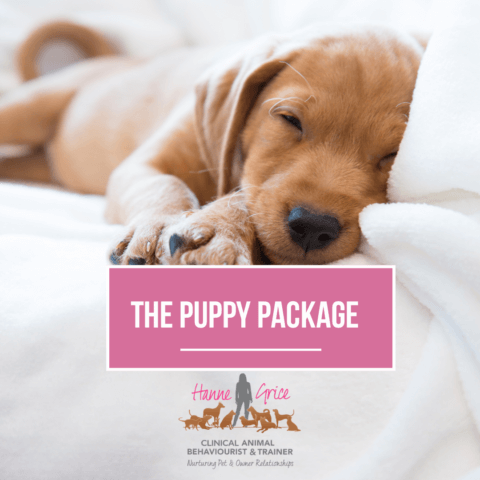
Learn more about our classes
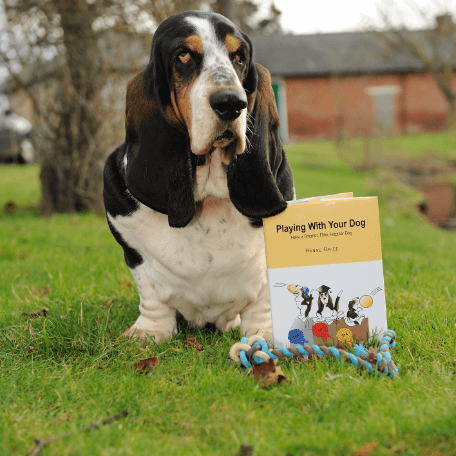
Get Hanne's Book
Playing With Your Dog will help any dog owner work out the games that are best suited for their pet to play throughout his life, from puppyhood to old age. The book also shares some tricks for all ages, group activities, and recommended toys that dogs will enjoy.
